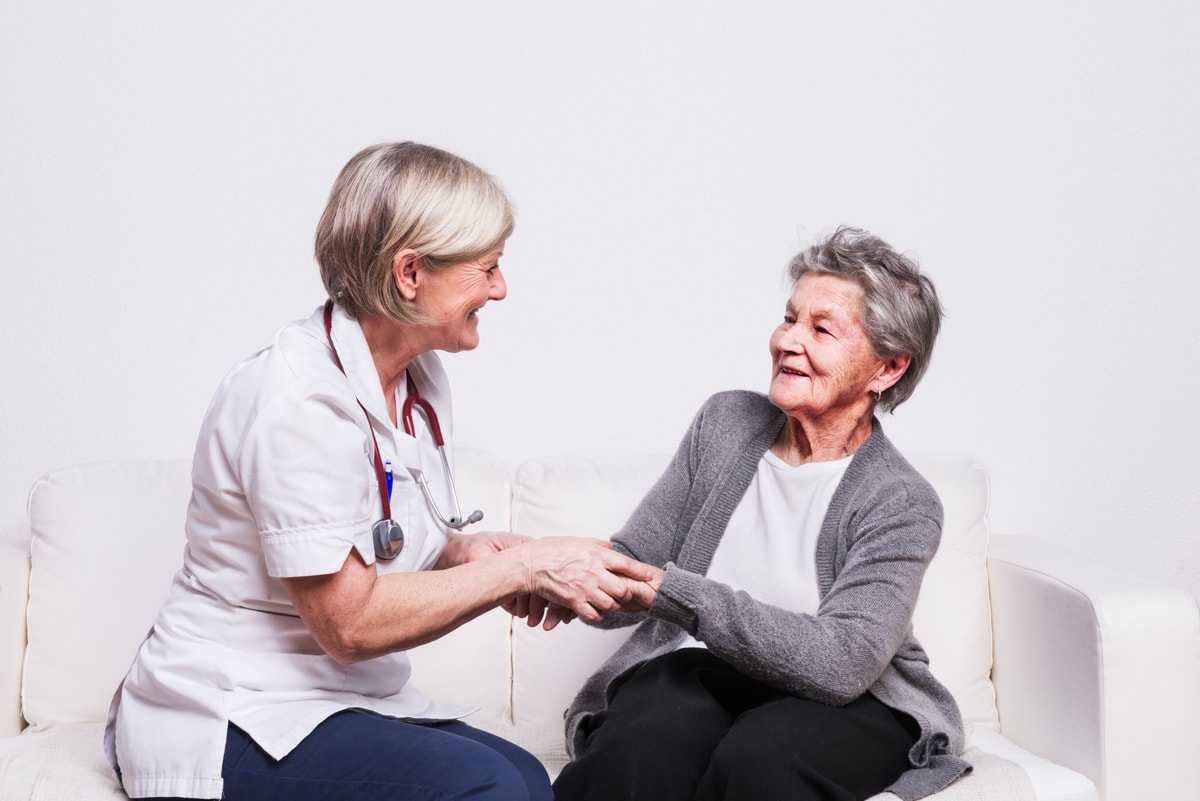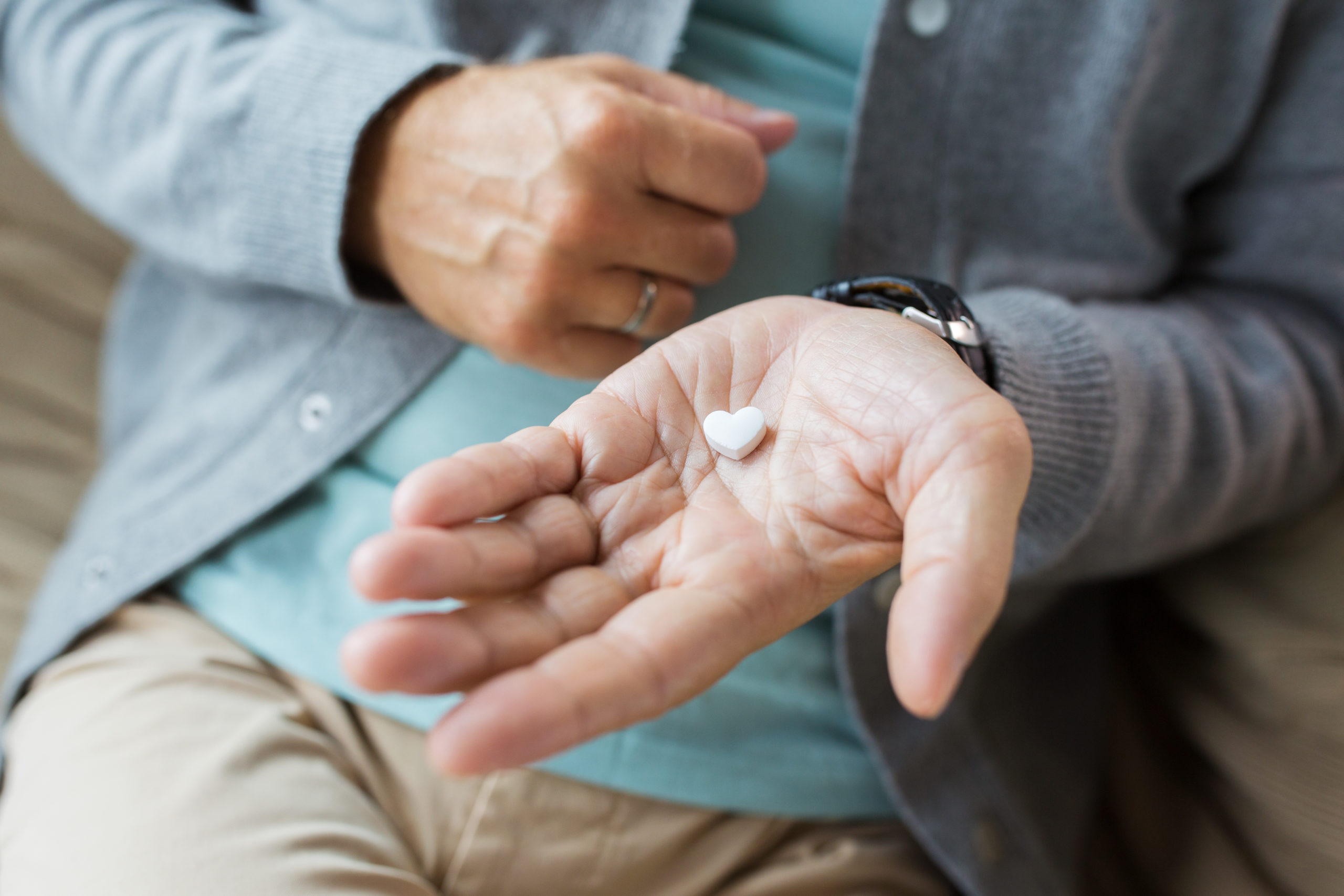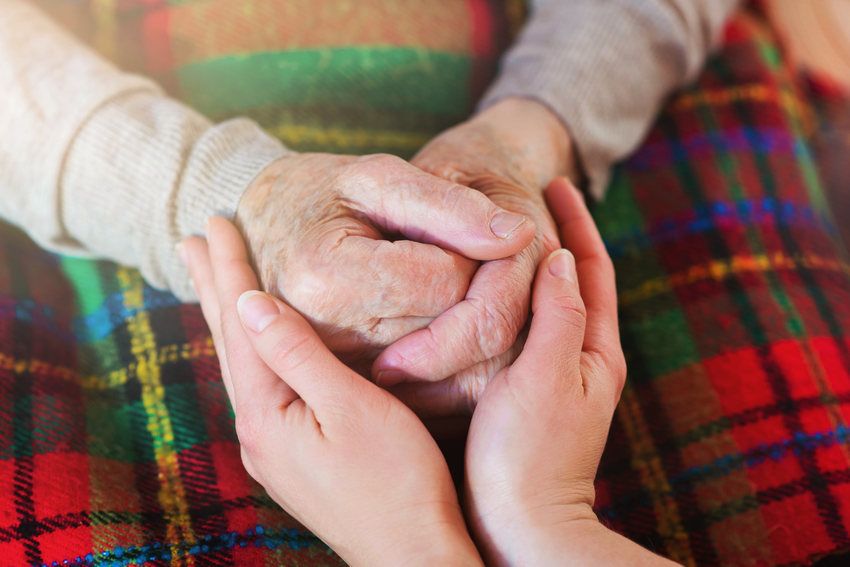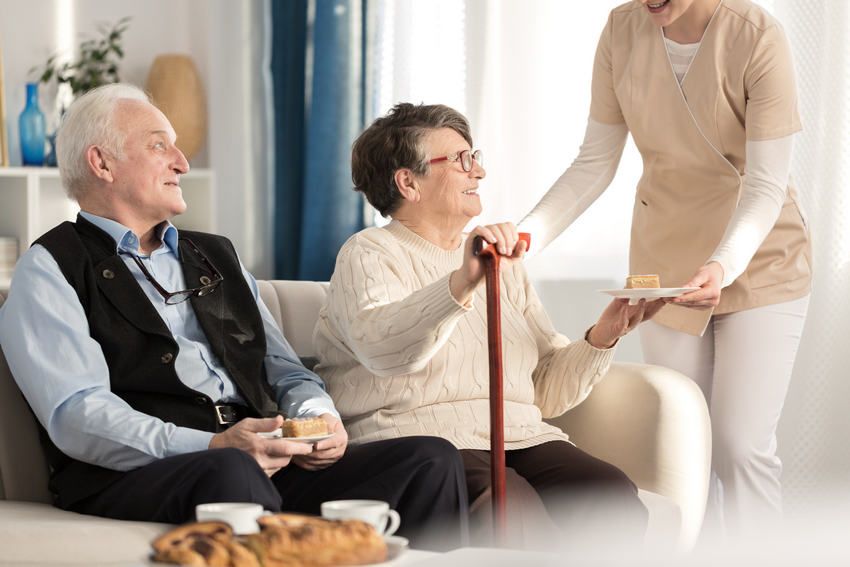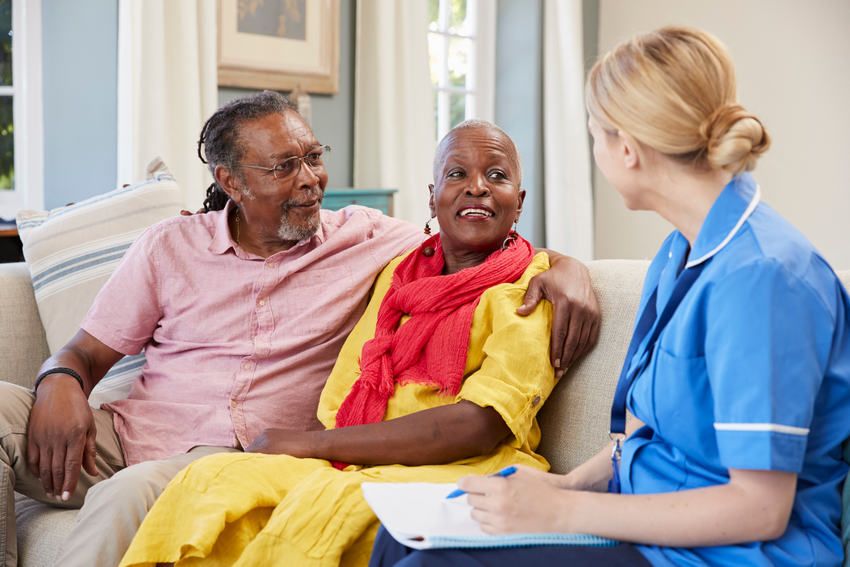When it comes to seniors and caregiving, attention is always placed on the seniors’ well-being.
Which makes sense.
However, there’s another important player in the caregiving cycle that deserves attention too. And, that another player is the one giving the care- the dutiful family member who spends the day in and day out helping to care for the loved senior, and who often gets overlooked or overworked.
In this article, we’ll go through the facts of caregiver health, the signs of an overworked caregiver, and some practical solutions.
The facts behind caregiver health.
As more and more baby boomers enter their senior age, more family members are being called upon to care for their parents, grandparents, uncles, and aunts.
While caregiving is amazing to work and truly exemplifies the meaning of family, it can also be quite a strenuous job. Especially, for those family members who also have their own spouses and children to take care of. Needless to say, the time commitment and workload of caregiving can be difficult to manage.
Unfortunately, this often leads to overworked or overwhelmed caregivers, which can result in poor health. The U.S. Centers for Disease Control and Prevention recently reported that of the 18 million Americans who are informal caregivers (meaning, they are not paid for their caregiving services), about 1 in 5 are in roughly moderate or bad health.
Essentially, while caregivers are working to keep their loved seniors in good health, they are letting their own health slip away. A sad consequence that we, at AmeriBest, aim to prevent.
The signs of an overworked caregiver.
When it comes to determining someone’s health, direct questions don’t always work.
Because it is not uncommon for caregivers to brush off questions with “I’m fine” or “I have it under control.” And the problem is that these caregivers really might really be fine at the moment. But burn out can happen in an instant. Informal caregivers are fine until they’re not fine. At which point their physical and mental health may be at serious risk.
So, while open and honest communication is usually the best option, sometimes a little something else is required. Something called tactful observation.
If you’re worried about a caregiver you love, look out for these tell-tale signs of burnout:
- Persistent tiredness
- Anxiety or sadness
- Forgetfulness
- Weak immune system (I.e. getting sick easily and often)
- Loss of weight
Obviously, everyone exhibits signs of burnout differently. But, if you notice any of these signs within yourself or a caregiver you love, consider that it might be time to intervene and help.
The option for help.
Whether it’s for you, a friend, or a loved one- don’t be afraid to call a home care agency for a bit of extra help.
Caregivers often avoid calling for help because they see it as a lack of responsibility on their part. They worry that by calling in someone else to do the job, they are casting off their beloved seniors.
But if you know what home care really is, you know that’s not the case.
With at-home care, family caregivers can come in and out as they please. There are no visiting times and no need to call in advance. Family caregivers can help monitor their seniors’ schedules and care, while also having a professional home care aide to lean on for support and advice.
With at-home care, seniors never feel alone and caregivers never feel overwhelmed.

